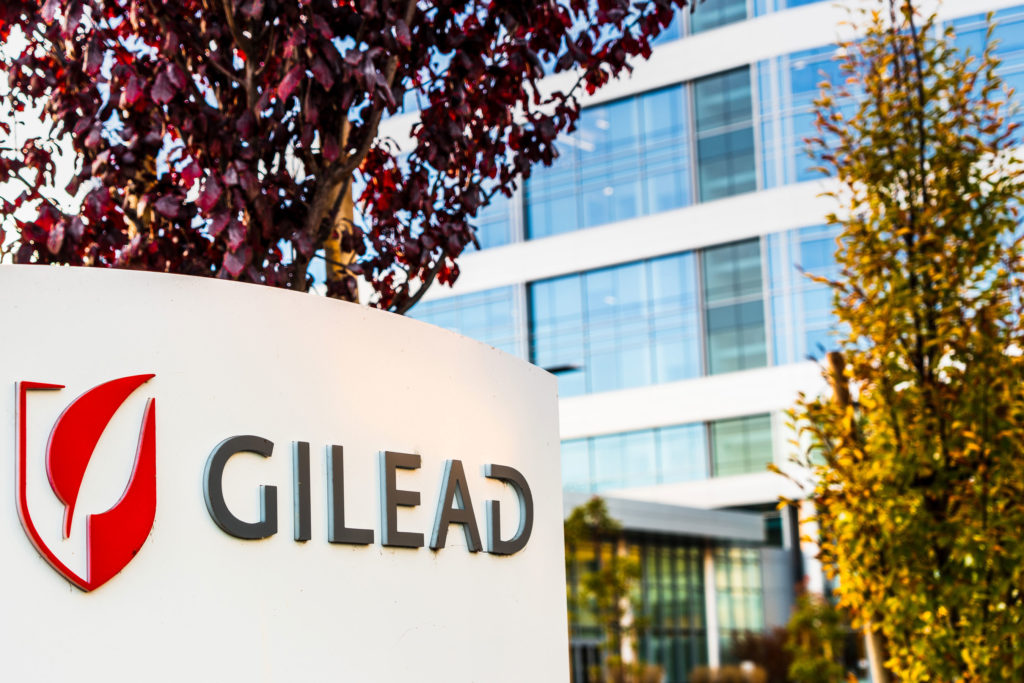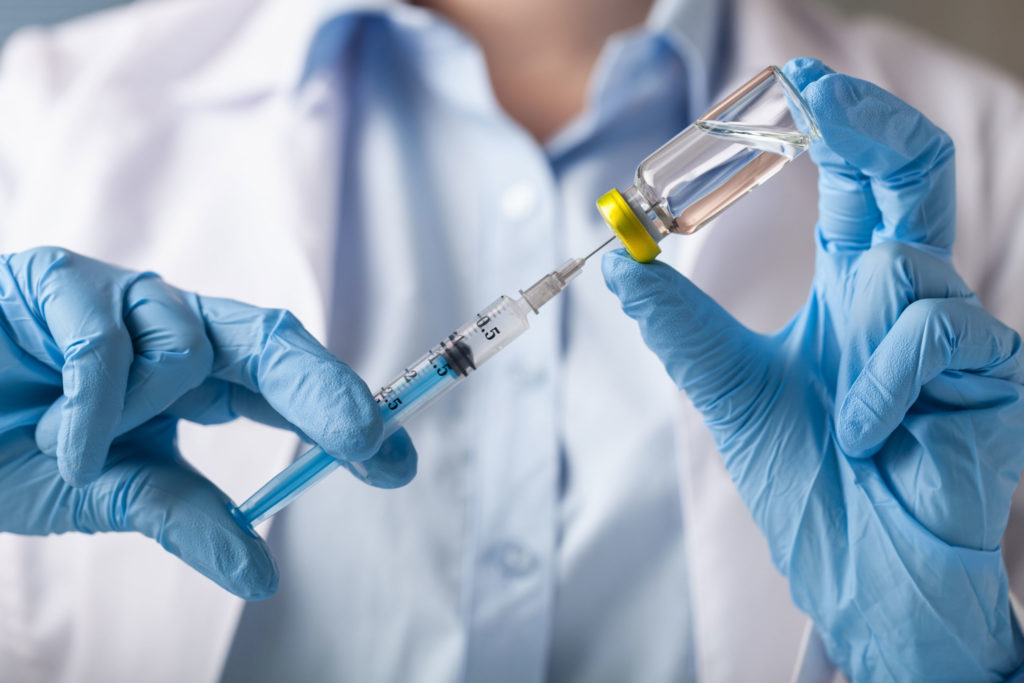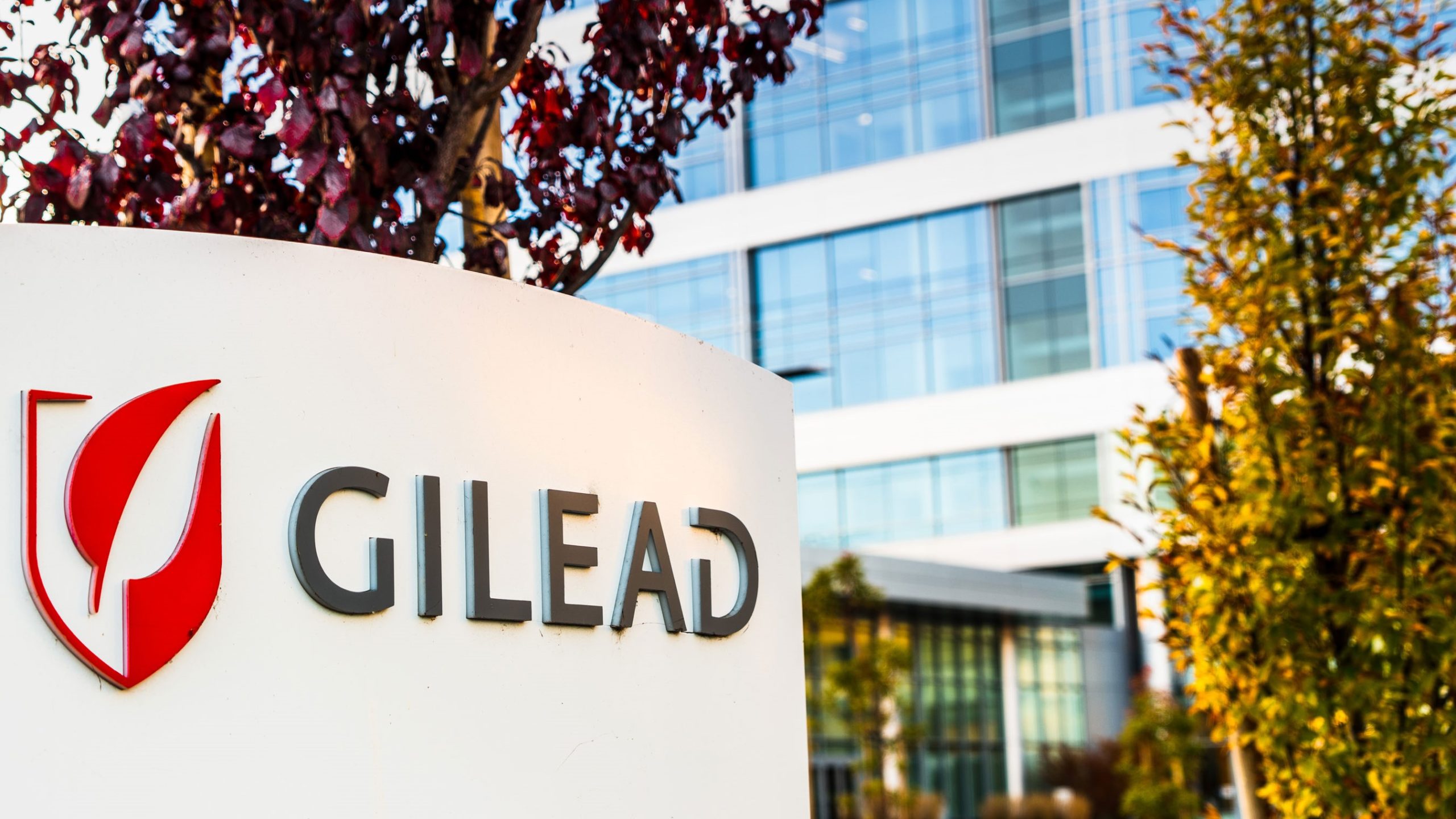U.S. Sues Gilead

The U.S. government is suing Gilead for patent infringement and the rights to the HIV drug Truvada as part of PrEP, based on a complaint made by the Delaware district court. The lawsuit claims that the government owns the PrEP patent for both Truvada and Descovy, Gilead’s recently approved next generation PrEP. The U.S. contends that the CDC began HIV prevention research on the two main components of Truvada, tenofovir (TDF) and emtricitabine (FTC), and Gilead’s questionable behavior led to the failure to form a licensing agreement with the National Institutes of Health in 2017 and 2018.
“HHS recognizes Gilead’s role in selling Truvada and Descovy to patients for prevention of HIV. Communities have put these drugs to use in saving lives and reducing the spread of HIV,” HHS Secretary Alex M. Azar II said in a statement. “However, Gilead must respect the U.S. patent system, the groundbreaking work by CDC researchers, and the substantial taxpayer contributions to the development of these drugs. The complaint filed today seeks to ensure that they do.”
Clinical Trial Complaints
The complaint explains Gilead’s behavior, noting that the company publicly emphasized its large financial support of the PrEP clinical trials, when in fact, it only increased its funding after the commercial success of Truvada and alleges that the “support of early clinical trials was typically limited to only the donation of study drugs.” The complaint also states “Gilead has failed to address the fact that CDC is widely acknowledged as being the first to demonstrate that FTC/tenofovir pro-drug regimens are highly effective in preventing HIV infections and that resulted in immediate changes to large human trials related to Truvada for PrEP. These trials directly led to FDA approval of that regimen. Gilead’s validity assertions likewise ignore the wide acclaim and recognition of the innovative and breakthrough CDC research leading to the Patents-in-Suit.”
Under Gilead’s ownership, Truvada has increased in price from about $1,250 per month to about $1,800 per month in the U.S. If the government is to reclaim ownership, consumers can expect a decrease in the inflated price.
UDG Acquires Canale

The international healthcare services leader, UDG Healthcare Inc., recently acquired San Diego-based Canale Communications. The young strategic communications agency employs 30 experts who provide corporate communications, public relations, investor relations, and creative services to life sciences companies including biotech, biopharma, digital health, and genomics. Before becoming a part of the global Ashfield Communications Network, UDG Healthcare’s global agency network, Canale, worked with over 300 biotech, medical device, digital health, and pharmaceutical companies.
Commenting on the acquisition, Founder and CEO Carin Canale-Theakston said, “The acquisition of CanaleComm by UDG Healthcare and the joining of forces with Ashfield Healthcare Communications’ network is the ideal platform as we look to grow a more robust service offering for our clients.” The acquisition continues to expand Ashfield Healthcare Communications’ service offerings, capabilities, and client base by providing corporate communications, public relations, investor relations, and creative services to biotech and life sciences companies at virtually every stage of development.
McCann Brazil Takes Home Two Gold Awards From LIA
McCann Health Brazil won both the Global Health Agency of the Year and Regional Health & Pharma Network for South America awards at the London International Awards 2019 (LIA). The Brazil team also contributed to McCann Worldgroup being named Global Network of the Year by LIA, which is recognized as one of the most prestigious creativity festivals in the world.
“These awards help knock down any lingering perceptions that a health agency cannot be creative in its own right,” said Saturnino Izquierdo, EVP, McCann Health LATAM. “Agencies in the health and pharma industry really need to be even more creative than the rest because of the rigorous policies that this market requires.”
AstraZeneca and Novoheart Developing a Functional Heart-In-A-Jar
AstraZeneca and the Canadian stem cell biotech, Novoheart, are working together to develop a functional model of heart failure. The common condition is poorly understood and scientists don’t currently have preclinical tools that allow them to test preserved ejection fraction (HFpEF), a form of heart failure especially common in elderly women.
“Therefore, drug developers lack an effective tool for preclinical testing of drug candidates for efficacy, and as a result, clinical outcomes for HFpEF have not improved over the last decades, with no effective therapies available,” Novoheart wrote in a statement.
The in-vitro model will use Novoheart’s 3D human ventricular cardiac organoid chamber (hvCOC) tech that reproduces key phenotypic characteristics of HFpEF. This “heart-in-a-jar” will also include patient-specific, human-induced pluripotent stem cells that allow control over their physical and mechanical properties to better mirror actual HFpEF patient hearts.
Harvard and MIT to Build Gene Therapy Manufacturing Plant
The leading universities are working together to put an end to the manufacturing shortages in gene and cell therapies by constructing a $50 million manufacturing plant by 2021. Harvard University and MIT will be working with local hospitals in a public-private partnership that aims to bridge a gap between “overburdened commercial manufacturers” and the researchers who need engineered cells and viral vectors for their work, the Harvard Gazette reports. The site will include R&D areas, a manufacturing plant, and lab space for late-stage research from academic labs or startups.
“There’s an incredible need and a major bottleneck in delivery of many of these methods—as well as [high] cost,” Arlene Sharpe, a Professor of Comparative Pathology at Harvard Medical School told the Gazette. “So having a nimble facility that’s able to think about DNA, RNA, peptides, and cellular therapies is a great thing at this point in time.” The facility will also connect academics in the area to industry experts, expanding cell-manufacturing skills to others in the Boston life sciences workforce.
Novartis Acquires The Medicines Company for $9.7 Billion
Novartis has agreed to a $9.7 billion acquisition of The Medicines Company. The deal’s primary objective was to secure the next-gen heart drug, inclisiran. The Medicines Company brought the therapy to near-approval with Phase III proof that it lowers cholesterol by comparable amounts to Amgen’s Repatha and Sanofi’s and Regeneron’s Praluent. Despite the market competition, Novartis sees the cardiovascular disease drug as a better performer for its pipeline as well as a potential offset to the cost of The Medicines Company, should the drug receive approval in the U.S. and U.K. by the first quarter of the new year.
Astellas to Pay $3 Billion for Audentes
Astellas shows interest in making a name in gene therapy by striking a $3 billion deal to acquire Audentes Therapeutics. Audentes will operate as an independent subsidiary, with access to the global scientific and development resources of the wider company.
Kenji Yasukawa, CEO of the Japanese drug manufacturing company, said in a statement, “Audentes has developed a robust pipeline of promising product candidates that are complementary to our existing pipeline, including its lead program AT132 for the treatment of X-linked myotubular myopathy.” The company will ramp up its focus on genetic regulation through the acquisition of Audentes, with gene therapy set to “be a key driver” of the company’s future growth.
Ferring and Blackstone Release Gene Therapy for Bladder Cancer
Ferring Pharmaceuticals and Blackstone Life Sciences put up $570 million to launch their gene therapy nadofaragene firadenovec for bladder cancer in the U.S. The commercial rollout is known as FerGene. FerGene will use some of the funds to support the anticipated U.S. introduction of nadofaragene firadenovec, while the remaining portion will cover actual development and manufacturing of the therapy. Ferring will dig into some of the funds for commercialization outside the U.S. as well.
“Our expertise and experience in hands-on clinical development and early commercialization will help further advance this promising therapy for bladder cancer patients in the U.S. and around the world,” Nick Galakatos, Head of Blackstone Life Sciences, said in a statement.
The bladder cancer drug is a one-of-a-kind virus therapy that introduces a gene into bladder cells, using its molecular machinery to produce the cancer-fighting interferon alpha-2b protein. It is designed for those patients with non-muscle invasive bladder cancer that is unresponsive to Bacillus Calmette-Guérin (BCG). Most patients treated with BCG suffer a recurrence of their bladder cancer without any other effective treatment options.
Lobbyists Call for Final Ax on 2.3% Medical Device Tax
The Medical Device tax that has been contested since 2010 after President Obama’s Affordable Care Act took hold is again stirring up controversy as it prepares to come into effect in the 2020 New Year. The 2.3% tax on sales by manufacturers and importers has been delayed and discussed for repeal for the past seven years. As 2020 approaches, life sciences companies are calling for a final eradication of the tax. The government estimates the tax to be worth nearly $20 billion over 10 years, but medical device companies call this an undermining of product innovation in patient care.
Lawmakers from Arizona and New York also sent Congress letters supporting the repeal or further extension of the suspension of the tax in 2020 because it would raise healthcare costs, reduce industry investment and innovation, and make it harder for patients to access medical devices. Lobbyists have also cited that the 29,000 industry jobs lost when the tax was in effect from 2013-2015 and the estimated “53,000 jobs that would be preserved or gained from repeal.” Congress is expected to respond before the December 31st expiration of the suspension.
New Universal Flu Vaccine is Currently in Development

The anticipated new Universal Flu vaccine is receiving developmental support from the scientific research company, Emmes. The vaccine is intended to provide longer-lasting protection than current vaccines and is expected to combat a wider variety of influenza viruses.
The Collaborative Influenza Vaccine Innovation Centers (CIVICs) program, under the direction of the National Institute of Allergy and Infectious Diseases (NIAID), will work to develop more durable, broadly protective, and longer-lasting influenza vaccines.
Emmes is working with two other companies, Digital Infuzion and Gryphon Scientific, to provide the data management and statistical support for the CIVICs program. The trio is responsible for designing statistically sound preclinical experiments and clinical trials. Other focuses include performing data analyses, making results available across the CIVICs program, and ensuring that data is available in publicly accessible databases.








